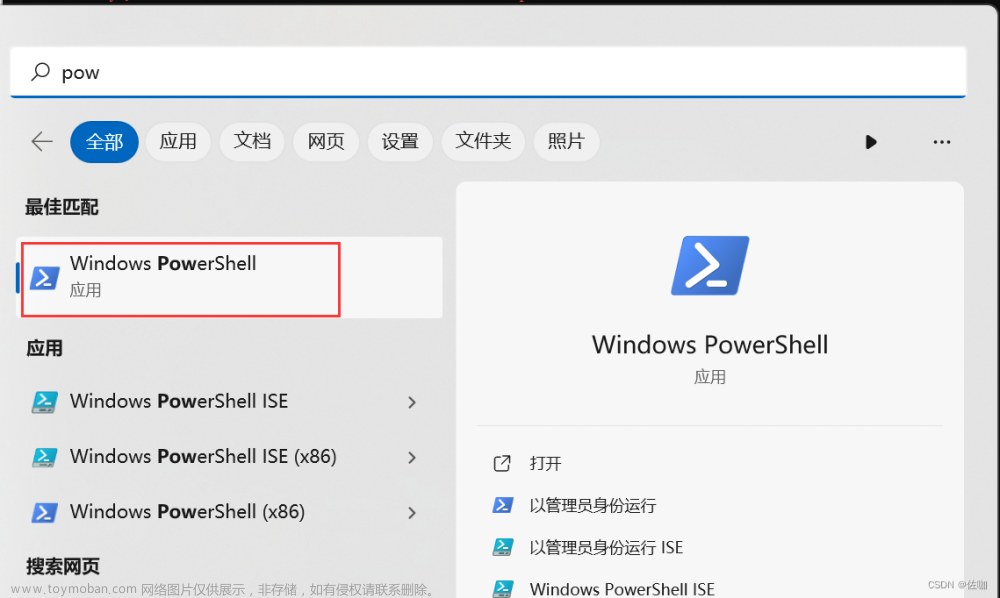golang 调用win32api 对windows系统时间进行调用,主要参考的是微软的win32api文档,根据官方文档,有两者设置方式:
setlocaltime:设置当前的本地时间和日期。https://learn.microsoft.com/en-us/windows/win32/api/sysinfoapi/nf-sysinfoapi-setlocaltime
setsystemtime:设置当前系统时间和日期。系统时间以协调世界时 (UTC) 表示https://learn.microsoft.com/en-us/windows/win32/api/sysinfoapi/nf-sysinfoapi-setsystemtime
// 根据官方文档中的描述,setlocaltime 需要传一个输入参数,该参数是一个名为SYSTEMTIME的指针结构体
BOOL SetLocalTime(
[in] const SYSTEMTIME *lpSystemTime
);
// SYSTEMTIME 定义:
typedef struct _SYSTEMTIME {
WORD wYear;
WORD wMonth;
WORD wDayOfWeek;
WORD wDay;
WORD wHour;
WORD wMinute;
WORD wSecond;
WORD wMilliseconds;
} SYSTEMTIME, *PSYSTEMTIME, *LPSYSTEMTIME;
// word 类型在golang 里面可以看作是 uint16
// SetLocalTime的返回值,如果设置成功,则返回值不是0,反之则为0golang 调用win32api的方式 是通过 syscall 库去调用相应的 windows .dll 文件,根据上述文档描述,两个接口都是存在于 Kernel32.dll 这个文件当中,因此我们可以使用如下代码去实现调用接口:
dll2 := syscall.NewLazyDLL("kernel32.dll")
proc := dll2.NewProc("SetLocalTime")具体实现方式如下:
// 定义对应的结构体 type SYSTEMTIME struct { WYear uint16 WMonth uint16 WDayOfWeek uint16 WDay uint16 WHour uint16 WMinute uint16 WSecond uint16 WMilliseconds uint16 } // 设置本地系统时间 func SetLocalTime(year, month, day, hour, minute, seconds uint16) error { s := SYSTEMTIME{ WYear: year, WMonth: month, WDay: day, WHour: hour, WMinute: minute, WSecond: seconds, } fmt.Println("s", s) dll2 := syscall.NewLazyDLL("kernel32.dll") proc := dll2.NewProc("SetLocalTime") // 调用接口,传参 r, _, err := proc.Call(uintptr(unsafe.Pointer(&s))) if r <= 0 { return err } else { return nil } }最后执行的话,需要在使用管理员权限在cmd 中执行才会成功.文章来源:https://www.toymoban.com/news/detail-770633.html
下面是关于输入时间格式的一个校验,因为使用 SetLocalTime,对于输入时间系统不会做过多校验.我代码主要框架是gin.就不做过多修改了文章来源地址https://www.toymoban.com/news/detail-770633.html
func setTime(c *gin.Context) {
var t struct {
Year uint16 `json:"year"`
Month uint16 `json:"month"`
Day uint16 `json:"day"`
Hour uint16 `json:"hour"`
Minute uint16 `json:"minute"`
Seconds uint16 `json:"seconds"`
}
err := c.Bind(&t)
if err != nil {
c.JSON(200, utils.Returns(utils.ParamErr, err.Error(), c, nil, nil))
return
}
msg := []string{}
monthMap := map[uint16]string{
1: "Jan", 2: "Feb", 3: "Mar", 4: "Apr", 5: "May", 6: "Jun", 7: "Jul",
8: "Aug", 9: "Sep", 10: "Oct", 11: "Nov", 12: "Dec",
}
if t.Year < 1601 || t.Year > 30827 {
msg = append(msg, "year range is from 1601 to 30827")
}
switch t.Month {
case 1:
case 3:
case 5:
case 7:
case 8:
case 10:
case 12:
if t.Day < 1 || t.Day > 31 {
msg = append(msg, fmt.Sprintf("%d/%s of days range is from 1 to 31", t.Year, monthMap[t.Month]))
}
case 2:
if t.Year%4 == 0 && t.Year%100 != 0 || t.Year%400 == 0 { // 闰年
if t.Day < 1 || t.Day > 29 {
msg = append(msg, fmt.Sprintf("%d/%s of days range is from 1 to 29", t.Year, monthMap[t.Month]))
}
} else { // 平年
if t.Day < 1 || t.Day > 28 {
msg = append(msg, fmt.Sprintf("%d/%s of days range is from 1 to 28", t.Year, monthMap[t.Month]))
}
}
case 4:
case 6:
case 9:
case 11:
if t.Day < 1 || t.Day > 30 {
msg = append(msg, fmt.Sprintf("%d/%s of days is ranges 1-30", t.Year, monthMap[t.Month]))
}
default:
msg = append(msg, "month range is from 1 to 12")
}
if t.Hour < 0 || t.Hour > 59 {
msg = append(msg, "hour range is from 0 to 59")
}
if t.Minute < 0 || t.Minute > 59 {
msg = append(msg, "minute range is from 0 to 59")
}
if t.Seconds < 0 || t.Seconds > 59 {
msg = append(msg, "seconds range is from 0 to 59")
}
if len(msg) > 0 {
c.JSON(200, utils.Returns(utils.TimeRangeErr, strings.Join(msg, ","), c, nil, nil))
return
}
err = utils.SetLocalTime(t.Year, t.Month, t.Day, t.Hour, t.Minute, t.Seconds)
if err != nil {
c.JSON(200, utils.Returns(utils.UpdateErr, err.Error(), c, nil, nil))
return
}
c.JSON(200, utils.Returns(utils.Succ, "", c, nil, nil))
}
到了这里,关于golang-Windows 设置系统本地时间的文章就介绍完了。如果您还想了解更多内容,请在右上角搜索TOY模板网以前的文章或继续浏览下面的相关文章,希望大家以后多多支持TOY模板网!












